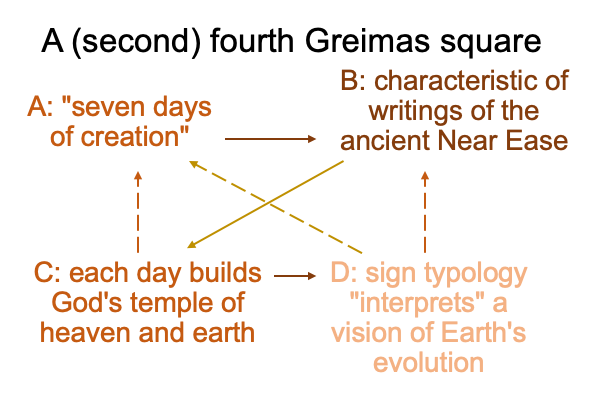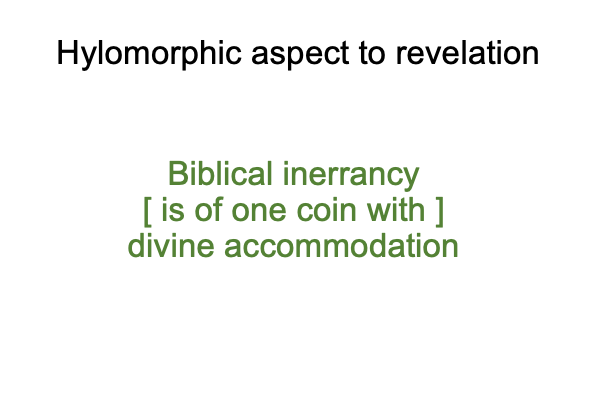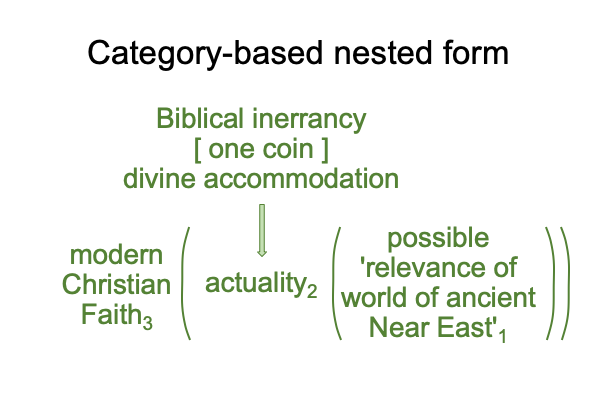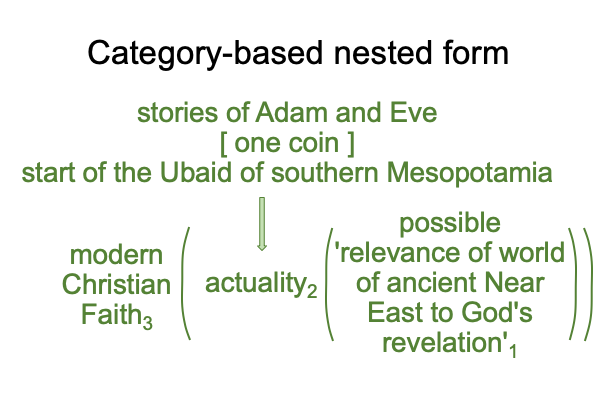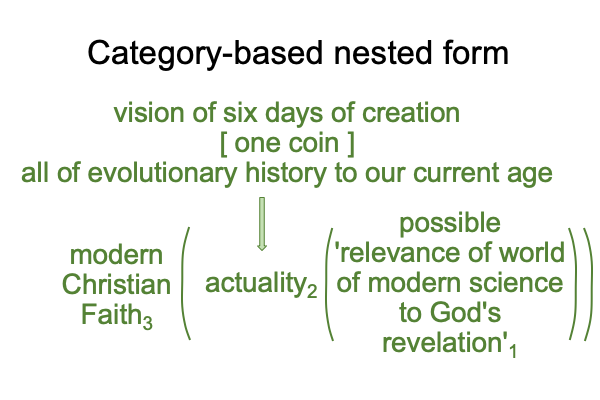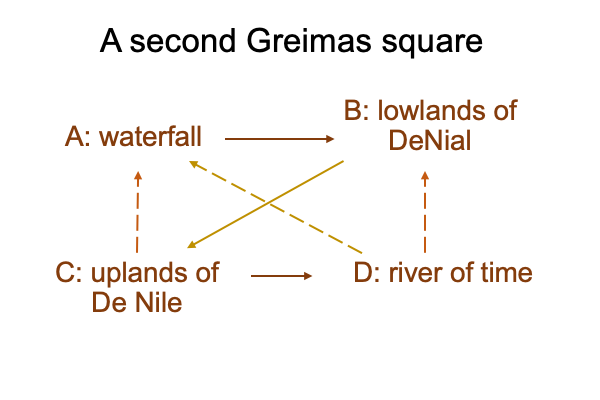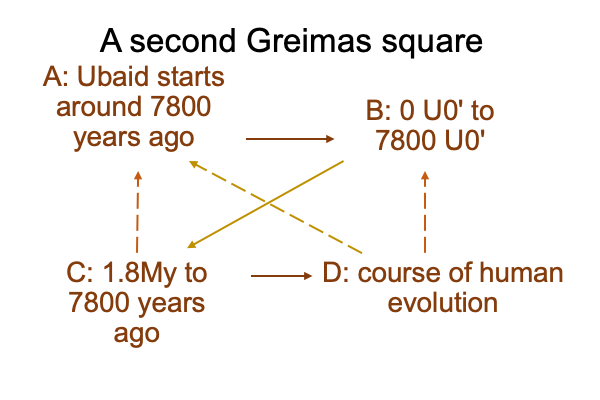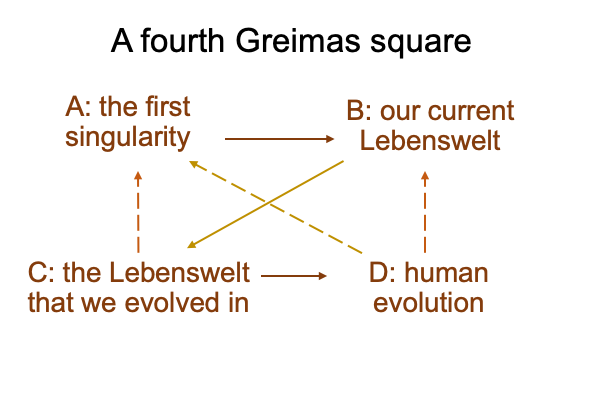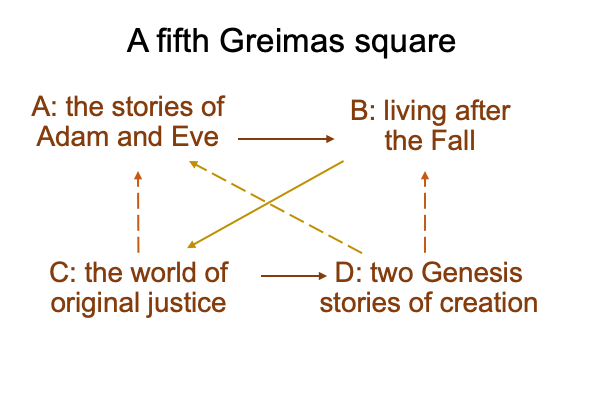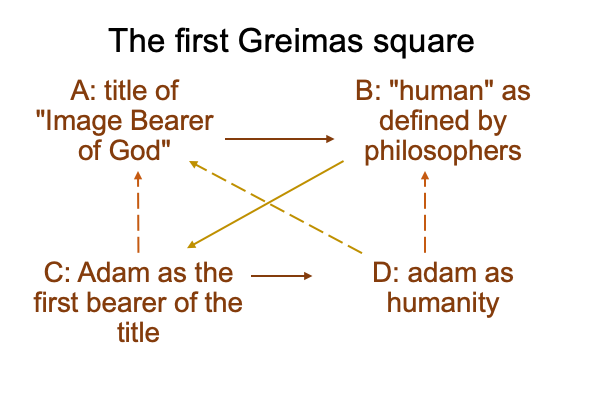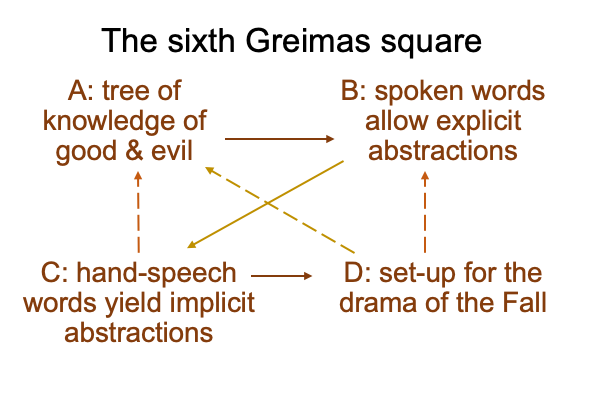Looking at Andrew Ter Ern Loke’s Book (2022) ” The Origin of Humanity and Evolution” (Part 5 of 22)
0044 In chapter one, Loke describes three types of concordism.
Type A seeks to describe scientific information from scriptural passages.
Type B seeks to interpret scriptural texts in light of modern science.
Type C affirms that the Bible should be interpreted according to proper hermeneutical principles, such as taking into consideration its Near Eastern context, including Near Eastern literary genres.
0045 Clearly, the proposition that the first chapter of Genesis is a sign of the evolutionary record dovetails into all three, except for one caveat. Replace the word, “science’, with the word, “semiotics”.
0046 Type A’ seeks to describe semiotic information from scriptural passages.
What semiotic information?
When reading a passage from any particular day in the Creation Story, ask first, “Is this an icon.”. Can the evolutionary record be seen as an image of this verse? If not an icon, ask second, “Is this an index?” Does this verse point to either the corresponding evolutionary era, or to the location of the visionary, or to what the visionary must wondering. If not an index, ask third, “Is this a symbol?”
0047 Here is an example.
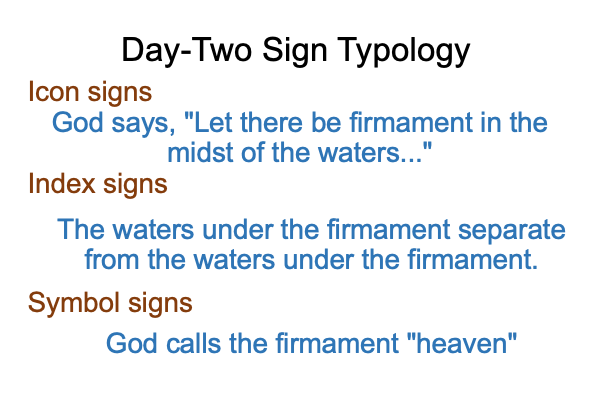
Day two associates to the formation of the Earth and Moon. During the formation of the solar system, the Earth forms as a super-hot little planet sweeping in debris within its orbit around the early Sun. From the point of view of someone on the surface of the nascent planet, the firmament appears as “the waters above” separate from “the waters below”. At the time, both the Moon and the Earth, are molten. The molten above separates from the molten below.
The separation is an icon. It is also an index, once God names one of the waters. God calls the firmament, “heaven”. The name serves as an index, but also as a symbol of what this means to the visionary.
So, I wonder, “Why this particular semiotic information? Why does Peirce’s typology of natural signs allow me to appreciate the sign-vehicles of the Genesis texts as sign-objects in the evolutionary record?“
Could it be that sign-processing is particularly relevant to how humans came to be?
Is sign-processing a human adaptation?
Are sign-interpretants built into our bodies and souls?
0048 Type B’ seeks to interpret scriptural texts in light of modern semiotics.
Can the associations in Type A’ be called an interpretation of scripture?
Or, do the associations in Type A’ call for an interpretation.
What do these types of semiotic information imply?
0049 Perhaps, Genesis One embodies more than an ancient Near Eastern depiction of the formation of God’s tent of the heavens and the earth. It also serves as a lock, whose key is a principle that constitutes an adaptation into the human niche. Sign-processing flows out of the headwaters of De Nile and carves the landscape above the treacherous falls.
0050 Type C’ is the same as type C. The hermeneutics of the book of Genesis must take into account the genres of ancient Near East literature. However, we must keep in mind that, even in the time of Moses, this literature is ancient. By the time the so-called “redactor” starts weaving the various stories in Genesis into a (more or less) coherent frame, the oral traditions are so old that no one is aware that the Near East is littered with these odd little hills, containing the burnt remains of royal libraries, where clay cuneiform tablets have been fired into bricks.
0051 Thank God that these civilizations slavishly follow the writing techniques of their forefathers, the Sumerians, who carve out cuneiform wedges from wet clay tablets. Whenever an ancient royal library burns, the clay tablets convert into brick tablets, capable of retaining their integrity while buried for thousands of years.
Archaeologists rejoice. A handful of recovered cuneiform tablets convey a message that not Moses, nor Saint Paul, nor Saint Augustine, nor Saint Thomas know. Genesis One is a sign of one of the most ancient civilizations on Earth.
